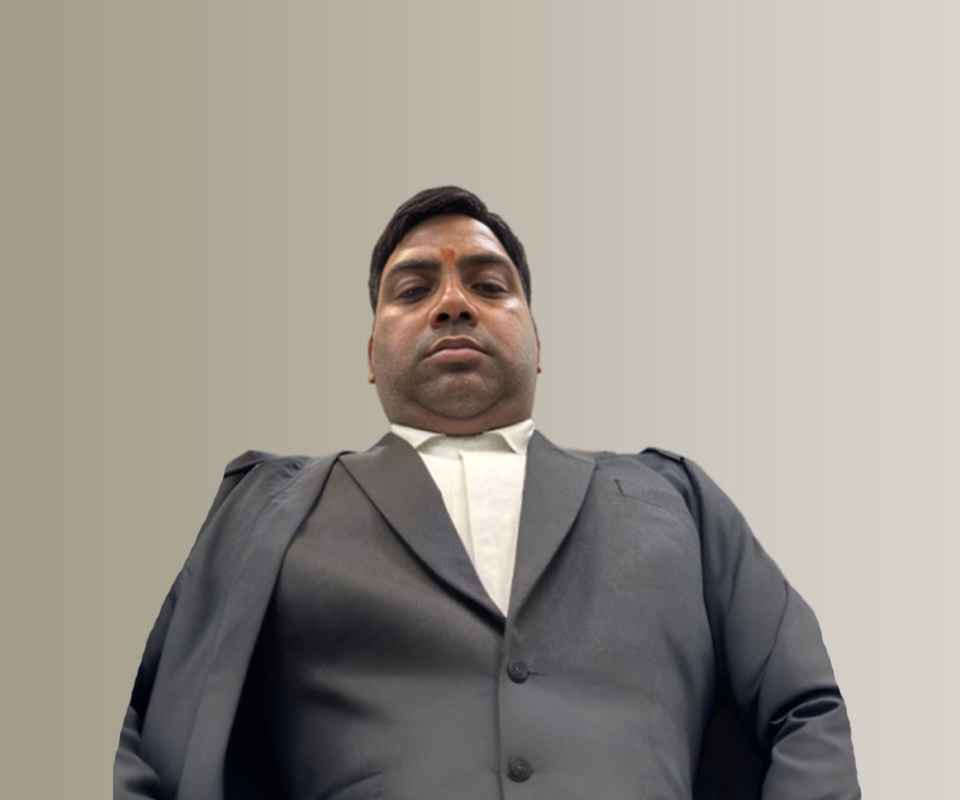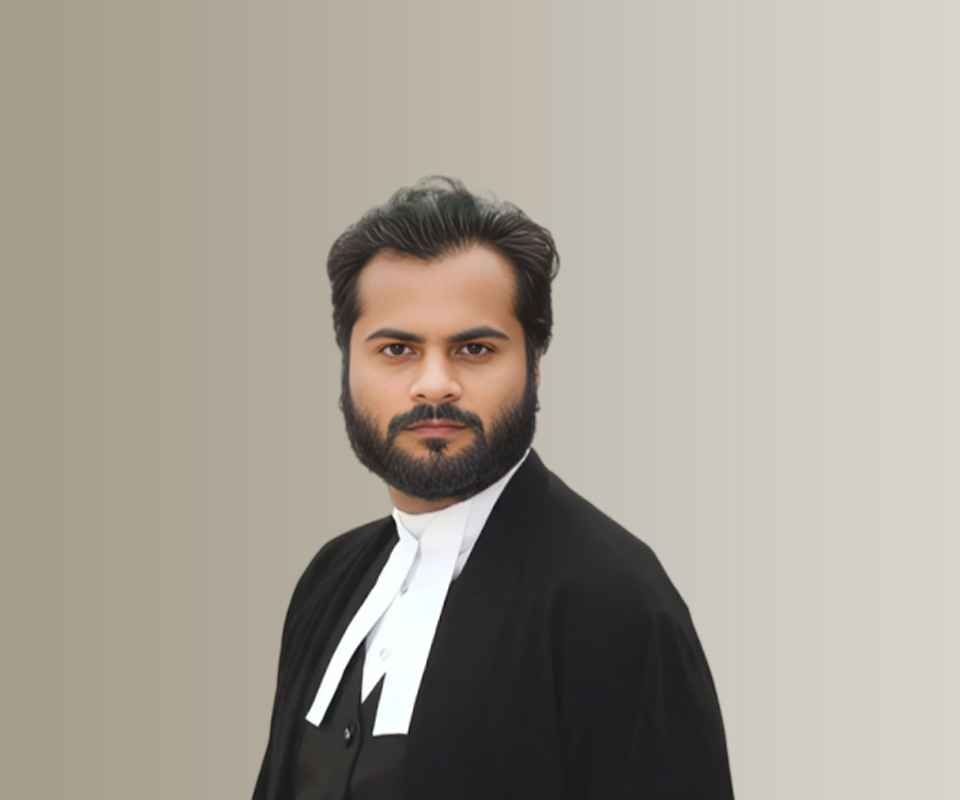Answer By law4u team
Public civil law plays a crucial role in addressing disputes involving government entities. This area of law, often referred to as administrative law, governs the actions and decisions of government agencies and officials. Here are some key ways in which public civil law applies to disputes involving government entities: Administrative Decision Review: Individuals or organizations can challenge decisions made by government agencies through judicial review. This involves examining the legality and procedural fairness of administrative actions. Courts may assess whether the government entity followed proper procedures, acted within its legal authority, and considered relevant evidence in making decisions. Judicial Remedies: Public civil law provides individuals with legal remedies when they believe they have been adversely affected by government actions. This can include seeking injunctions, declarations, or damages through the courts. Courts may have the authority to set aside or modify administrative decisions that are found to be unlawful or unreasonable. Protection of Constitutional Rights: Public civil law ensures the protection of constitutional rights and freedoms against government overreach. Individuals can challenge laws, regulations, or policies that infringe upon their constitutional rights. Courts may assess the constitutionality of government actions and strike down laws or policies that violate fundamental rights. Government Liability: Individuals may bring civil suits against government entities for damages resulting from negligence, misconduct, or other wrongful actions. This is known as government liability or sovereign immunity waiver. Public civil law sets out the conditions under which the government may be held liable for its actions, and it often involves specific statutes or regulations allowing such lawsuits. Citizen's Right to Information: Many legal systems have provisions for citizens to access information held by government entities. Public civil law ensures transparency and accountability by allowing individuals to request information relevant to government decisions and actions. Contract Disputes: Public entities frequently enter into contracts for various purposes, such as public works projects or services. Public civil law governs contract formation, performance, and disputes involving government contracts. Disputes may be resolved through legal mechanisms such as arbitration or litigation. Citizen's Participation: Public civil law may provide avenues for citizens to participate in decision-making processes, especially those that impact their rights or interests. This can include public hearings, consultations, or other participatory mechanisms. Ombudsman and Administrative Tribunals: Some legal systems have ombudsman offices or administrative tribunals that specialize in resolving disputes involving government entities. These bodies provide alternative avenues for resolving conflicts without going through traditional courts. Public civil law ensures a balance between the exercise of government authority and the protection of individual rights, providing mechanisms for redress when individuals believe they have been treated unfairly or unlawfully by government actions. The specific procedures and remedies may vary across jurisdictions based on the legal system in place.









